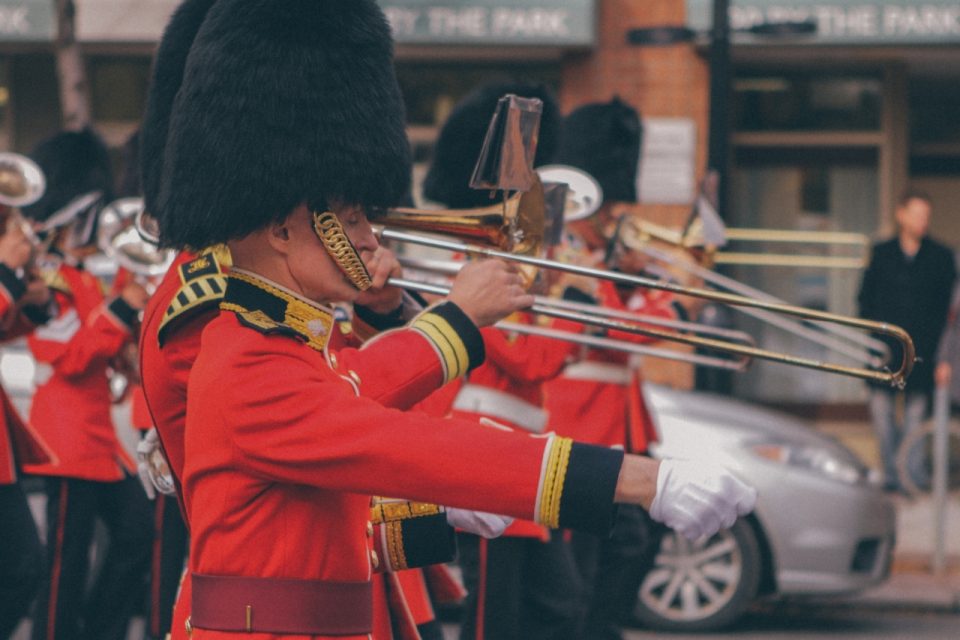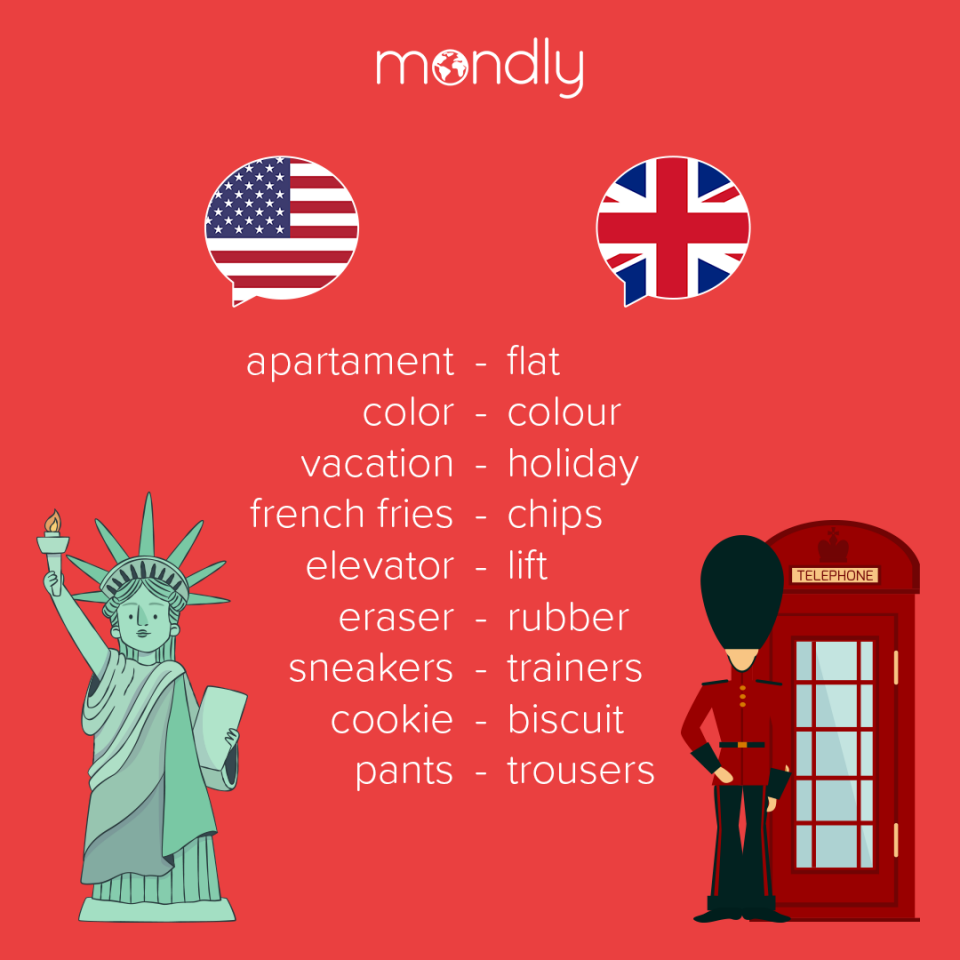Popular New Year’s Resolutions and How You Can Achieve Them
If you’re stuck for ideas, here are some of the most popular new year’s resolutions.
Have you ever been the odd one out in a group of British mates? Here are 50 British phrases guaranteed to make you feel like one of their own.

It’s widely known, if not common knowledge, that American and British English vary. Not only in spelling, but in some of their terms, phrases, colloquialisms, and of course, pronunciation.
It’s completely possible that you walk into a British bar and don’t understand more than half of what they are saying. If you don’t want to be this person and you want to be able to converse fluently with your British mates, then we’re here to help you out!
Have you ever been the odd one out in a group of British mates not getting the joke? Do they all belly laugh while you are left grinning awkwardly alongside them?
Well, the chances of that happening are much slimmer after you get through our list. That, plus looking for online tutors can better prep you for your next British conversation.
In this section, we will look at the phrases that will make you sound more British. Some of them might be those British phrases you always hear on TV shows or movies.
Although it may mean “ok” in North America, it’s the equivalent of “how are you?” in British English.
I’m tired.
Mischievous or playful.
This is a very British thing to say meaning very.
Not meaning the regular “angry”, in British talk it actually means you’re very drunk and is used quite a lot when you are out drinking with friends.
A common one and quite cliché – mate means friend.
It could mean garbage or nonsense, depending on the context.
A person native to East London.
Similar to the American wow, blimey is used to describe something that takes you by surprise.
Similar to guy in America, it is a blanket term to describe a man in general.
One of the more well-known British terms, it actually has a multitude of meanings. It could be used to symbolize disbelief, or to talk about a man’s private parts.
Think about the elegant British phrases you have heard and see if you recognize any in our list below.

British phrases and expressions are extraordinarily interesting to those who aren’t familiar with their terms. The common British words we see already seem so fancy and sometimes even whimsical and learning them will surely give you a leg up next time you start writing your 5 paragraph essay, or have a chinwag with your British mates!
As mentioned before, British terms, British phrases, British expressions as well as spelling differ by American phrases and expressions, but what else is there? When we think about British versus American English, we think about slang terms and pronunciation.
It’s also fun to learn just how different British sayings are. Some very noticeable differences between the two English languages are:
‘Cheers’ is an informal manner of expressing gratitude, akin to saying ‘thank you’. When combined with the word ‘mate’, it forms the phrase “Cheers, mate”, which carries the same meaning as “Thank you, my friend.”
People who are English are from the country of England. On the other hand, British people are people who live in Great Britain (Britain) and the UK. Consequently, being English implies a distinction from being Scottish, Welsh, or Northern Irish. In contrast, the term British encompasses anyone originating from Great Britain. This means that everyone residing in Scotland, Wales, or England is collectively identified as British.
To speak like a British person, it’s essential to prioritize your pronunciation and vocabulary. Keep in mind that British accents exhibit significant regional variations, so actively listening to native speakers can aid in emulating specific accents like the esteemed ‘Received Pronunciation’. Additionally, acquaint yourself with British slang and remain cognizant of grammatical disparities. Finally, it is crucial to approach the emulation of a British accent with the utmost respect and a sincere curiosity about British culture. Doing this will help you improve your British accent faster.
In a different era with little to no way of communicating, it would be entirely possible for British English and American English to diverge. However, modern times allow the two to communicate without restrictions. As time goes by, there’s a chance for more differences to emerge, but it’s unlikely that British and American English diverge completely.
Read this article in other languages:
FrenchSpanishGermanPortuguêsPolishTurkishRomânăDutchIndonesianالعربيةItaliano日本語Want to become fluent fast? With Mondly, the award-winning language learning app, you’ll speak any language from day 1. It’s fun, easy and efficient. Quick Daily Lessons. 10 minutes a day. It’s so entertaining, you’ll become addicted. The best part? You’ll speak like a native in no time.
Start using Mondly for free on your computer or download the app and learn Spanish, French, German and more anytime, anywhere.
Get Mondly now and speak any language like you never dreamed you would!

If you’re stuck for ideas, here are some of the most popular new year’s resolutions.

Becoming multilingual can improve your life in ways you can’t even imagine. Start learning a new language right now!

Your voice has been heard. Due to popular demand, Mondly can now help you speak Tagalog like a veritable Filipino.
Only to speak English fluently is my objective.
I would like to speak British because I like the accents